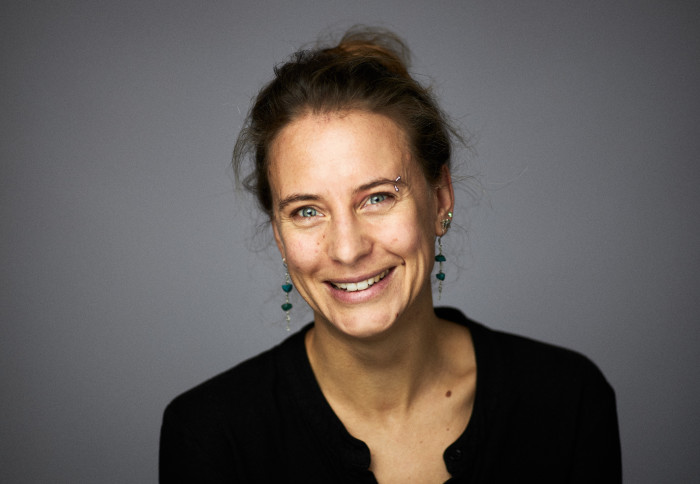Climatologist award and medicinal cannabis: News from the College

Credit: David Fisher
Here’s a batch of fresh news and announcements from across Imperial.
From an Imperial climatologist being recognised as a key scientific figure of 2021, to potential health benefits from medicinal cannabis for children with epilepsy, here is some quick-read news from across the College.
Climatologist in Nature's top 10
 Dr Friederike (Fredi) Otto is one of the top 10 people who made a difference in science in 2021, according to the journal Nature. Dr Otto is a Senior Lecturer in Climate Science at the Grantham Institute and head of World Weather Attribution (WWA), an influential group of scientists who rapidly assess whether human-caused climate change has had some role in driving extreme weather events such as droughts and heatwaves. She was also named on the TIME 100 list of the most influential people of 2021 earlier this year.
Dr Friederike (Fredi) Otto is one of the top 10 people who made a difference in science in 2021, according to the journal Nature. Dr Otto is a Senior Lecturer in Climate Science at the Grantham Institute and head of World Weather Attribution (WWA), an influential group of scientists who rapidly assess whether human-caused climate change has had some role in driving extreme weather events such as droughts and heatwaves. She was also named on the TIME 100 list of the most influential people of 2021 earlier this year.
Like many researchers, Dr Otto says she is sincerely worried about the impacts of climate change. "I'm into justice," she said in the Nature feature. "And climate change is one of the biggest threats to justice."
Read more about the top 10 people who shaped science this year on Nature’s website.
Making ‘perfect’ hardware
 High-level synthesis (HLS) is an increasingly popular software tool used to design customised computer hardware, which can perform better than ordinary processors while using a fraction of the energy. However, HLS tools are not entirely reliable, which undermines their usefulness.
High-level synthesis (HLS) is an increasingly popular software tool used to design customised computer hardware, which can perform better than ordinary processors while using a fraction of the energy. However, HLS tools are not entirely reliable, which undermines their usefulness.
Now, PhD researcher Yann Herklotz and Dr John Wickerson have built the first "proven correct" HLS compiler called Vericert. They have also proved a mathematical theorem that it will never produce an incorrect output, regardless of input. The researchers hope that the tool will open up the possibility of using HLS in safety- and security-critical settings, and say it sets a new bar for how carefully engineered these tools can be.
Read more about their findings by clicking the link here.
Cannabis epilepsy benefits

Medicinal cannabis effectively helps to ease symptoms in children with a debilitating form of epilepsy, according to a new report.
While most medical cannabis products contain purified CBD, “whole plant” products also include THC – the psychoactive compound linked with the “high” of cannabis. Yet despite being designated a prescription medicine for severe childhood epilepsy in 2018, prescriptions of whole plant cannabis remain rare.
In a case series of 10 patients with severe epilepsy, for whom multiple treatments had failed, researchers found that the number of seizures per month fell by 86% when the children were treated with whole plant cannabis.
According to the team, led by Professor David Nutt from the Department of Brain Sciences, the findings “justify the potential value of further research into the reported therapeutic benefit of whole-plant medicinal cannabis products.”
Read more about the findings in BMJ Paediatrics Open. Want to be kept up to date on news at Imperial? Sign up for our free quick-read daily e-newsletter, Imperial Today.
Want to be kept up to date on news at Imperial? Sign up for our free quick-read daily e-newsletter, Imperial Today.
Article text (excluding photos or graphics) © Imperial College London.
Photos and graphics subject to third party copyright used with permission or © Imperial College London.
Reporter
Ryan O'Hare
Communications Division
Simon Levey
Communications Division
Caroline Brogan
Communications Division